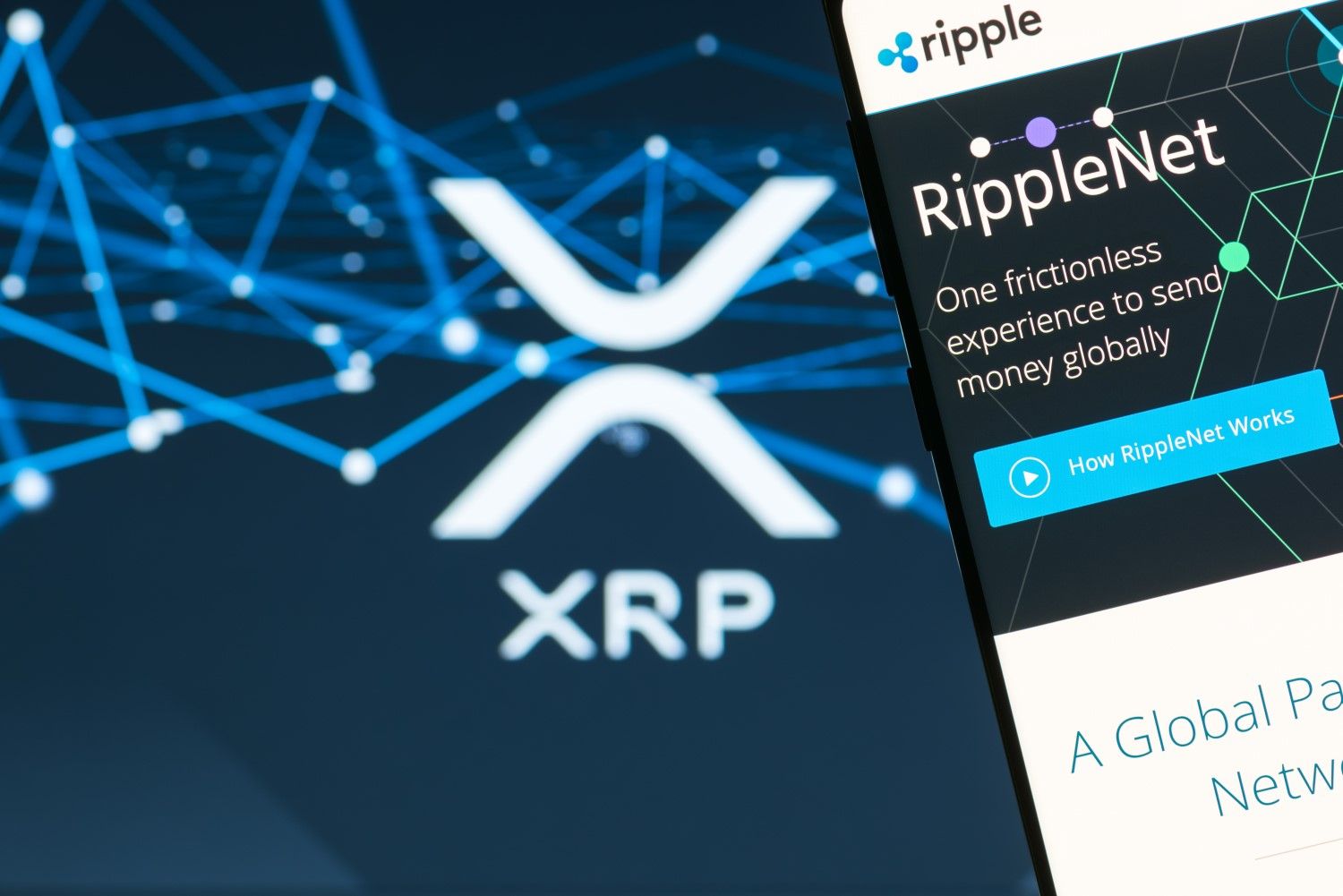
Injective, a layer-1 blockchain protocol founded in 2018, has launched a $150 million ecosystem fund to support developers building on the Cosmos network.
The so-called ecosystem group is backed by a large consortium of venture capital and Web3 firms, including Pantera Capital, Kraken Ventures, Jump Crypto, Kucoin Ventures, Delphi Labs, IDG Capital, Gate Labs and Flow Traders. According to Injective, the consortium is the largest assembled within the broader Cosmos ecosystem.
Developers selected for the fund will receive support through “bespoke token and equity investments,” in addition to mentorship, technical assistance, business development and marketing, Injective said. Projects building decentralized finance (DeFI) and interoperability infrastructure will be given the highest priority. Funds have also been earmarked for projects building trading platforms, scalability solutions and proof-of-stake infrastructure.
When asked how funds would be allocated, Injective Labs’ co-founder and CEO Eric Chen told Cointelegraph, “The ecosystem initiative’s approach to allocating funds is to focus on finding the right fit for each project, rather than being too stringent on a set number for funding.” He added:
“[I]n terms of stage, the group is primarily targeting early-stage projects (seed to Series B), but follow-on funding can also be considered on a case-by-case basis. The size of the funding awarded will vary depending on the stage and needs of the project, with the goal of providing the right level of support for each project to succeed.”
Injective, also known as Injective Protocol, is a decentralized smart contracts platform built using Cosmos SDK, a development kit that promotes faster and more cost-effective infrastructure than Ethereum. Chen said Cosmos provides more versatility, customization options and horizontal scalability than other blockchains.
“I don’t think DeFi is meant to attack TradFi. DeFi is supposed to complement TradFi, at least initially,” argues @avalabsofficial‘s @el33th4xor when asked by Cointelegraph’s reporter @gazza_jenks at the @wef in Davos.
Do you agree about his thoughts on DeFi’s purpose? #CTWEF23 pic.twitter.com/BH2VPV2po2
— Cointelegraph (@Cointelegraph) January 17, 2023
Cosmos has a market capitalization of roughly $3.7 billion, making it the 20th largest blockchain network, according to CoinMarketCap.
Related: DeFi problems and opportunities in 2023: Market Talks
DeFi entered public discourse in the summer of 2020, with several prominent projects kicking off the crypto bull market shortly after Bitcoin’s quadrennial halvening. Although DeFi activity has slowed over the past year, the sector has been largely immune from the issues plaguing centralized finance, or CeFi, platforms.
“The decentralized nature of DeFi protocols allows for more transparency and true ownership over funds, which will always be a key advantage over centralized finance,” Chen further explained.
Read More: cointelegraph.com









 Bitcoin
Bitcoin  Ethereum
Ethereum  XRP
XRP  Tether
Tether  Solana
Solana  Dogecoin
Dogecoin  Cardano
Cardano  USDC
USDC  Lido Staked Ether
Lido Staked Ether  Avalanche
Avalanche  TRON
TRON  Shiba Inu
Shiba Inu  Toncoin
Toncoin  Stellar
Stellar  Wrapped stETH
Wrapped stETH  Polkadot
Polkadot  Wrapped Bitcoin
Wrapped Bitcoin  Chainlink
Chainlink  Bitcoin Cash
Bitcoin Cash  WETH
WETH  Sui
Sui  Hedera
Hedera  Litecoin
Litecoin  Pepe
Pepe  NEAR Protocol
NEAR Protocol  LEO Token
LEO Token  Uniswap
Uniswap  Wrapped eETH
Wrapped eETH  Aptos
Aptos  Internet Computer
Internet Computer  USDS
USDS  Cronos
Cronos  Ethereum Classic
Ethereum Classic  POL (ex-MATIC)
POL (ex-MATIC)  Artificial Superintelligence Alliance
Artificial Superintelligence Alliance  Bittensor
Bittensor  Ethena USDe
Ethena USDe  Render
Render  Filecoin
Filecoin  Algorand
Algorand  Arbitrum
Arbitrum  Dai
Dai  Cosmos Hub
Cosmos Hub  Stacks
Stacks  Immutable
Immutable  WhiteBIT Coin
WhiteBIT Coin  Celestia
Celestia